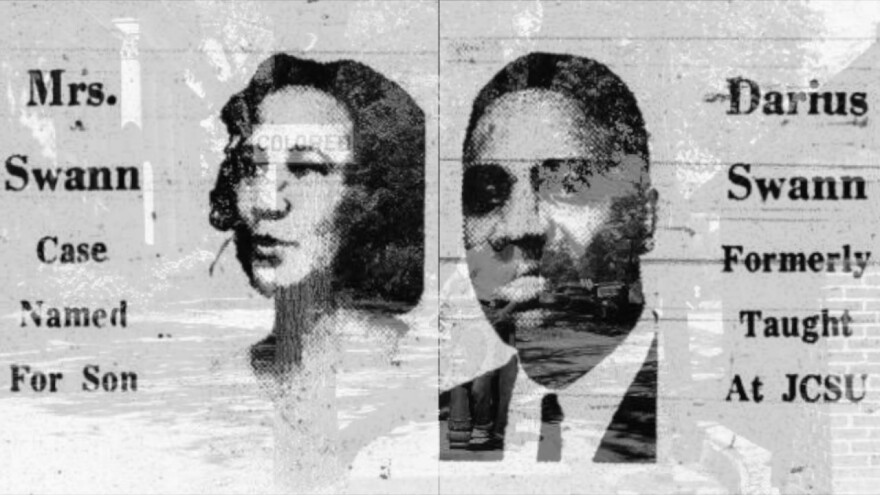On Thursday, the North Carolina Board of Education narrowly approved guidance on teaching history, social studies and civics in public schools. The latest documents include details on how to incorporate new perspectives on racism and multiculturalism.
It took 268 Power Point slides to lay out the suggested strategies and research topics for middle and high schools (view them here, under agenda item C2a).
"The documents are the last step in the process that has taken several years, involving untold hours of work by our staff and by hundreds of teachers across the state," said state Board of Education member Jill Camnitz.
That process also involved heated debate, often split along party lines, over how classroom teachers should incorporate the perspectives of oppressed people and lead discussion of racism and gender. The board approved new standards in February.
Despite an attempt by Republicans in the North Carolina House to delay the new standards, they’re set to take effect in the coming school year.
The latest documents offer guidance for lessons. For instance, eighth-grade social studies teachers might offer material that illustrates the country’s democratic ideals, such as the Constitution and the Declaration of Independence, but then ask their students to look at episodes that contradict those ideals. The Wilmington coup, school integration court cases, the Indian Removal Act of 1835 and the state’s eugenic sterilization movement are among the suggested topics.
Lori Carlin of the Department of Public Instruction said the guidelines aren’t mandates.
"The example topics and example formative assessments are simply suggestions for how the objectives could be addressed," she said. "Of course local districts have complete control over those decisions."
State officials said they’ve gotten questions about a recent report from the conservative Thomas B. Fordham Institute that gave North Carolina low marks for its new civics and history standards. "Nebulous verbiage and an aversion to specifics make them functionally contentless in many places, and organization is poor throughout," the summary says.
Deputy Superintendent David Stegall said some of the specifics are in the documents that hadn't been approved when the Fordham researchers reviewed the standards. And he said there's a difference in philosophy, with North Carolina emphasizing concepts while the institute prefers a checklist of facts.
"Standards are conceptual so that teachers can go deep, rather than a mile wide," Stegall said. "Conceptual standards allow teachers to make deeper connections with the real world and multiple points in history that are related, rather than have students memorize specific names and dates."
The board voted 6-5 to approve the documents. Camnitz, board Chair Eric Davis, Vice Chair Alan Duncan, Reginald Kenan, J. Wendall Hall and James Ford voted yes, while Olivia Oxendine, Amy White, Todd Chasteen, state Treasurer Dale Folwell and Lt. Gov. Mark Robinson voted no.
But it turns out that didn’t end the process.
State Superintendent Catherine Truitt, a Republican elected to the post in November, said she agrees with the Fordham Institute that the state’s standards need more specifics and chronological organization.
"A standard is a statement of essential knowledge that students are expected to learn," Truitt said. "And our standards do not contain any statement of essential knowledge that is to be learned."
She said she wants the board to look at “an alternative template” for teaching social studies and history. Board Chair Eric Davis said he’s willing to look at it. Neither offered details, but it will be back on the agenda next month.




